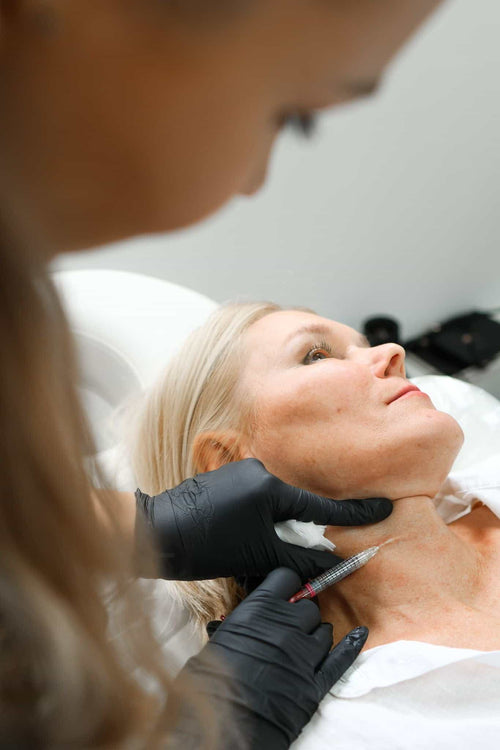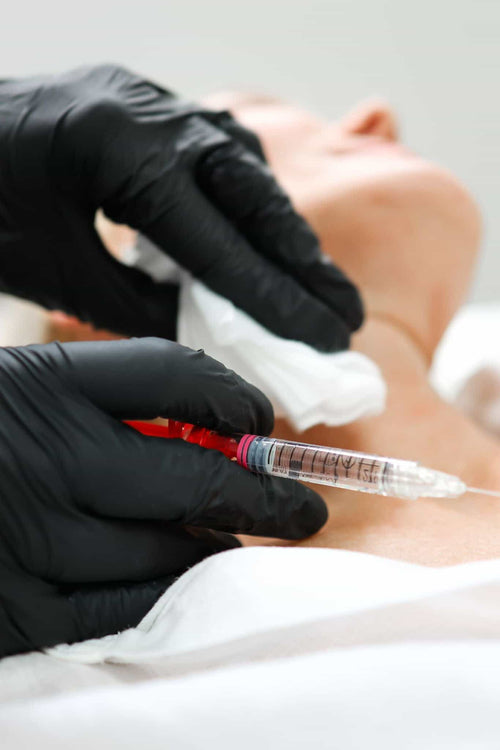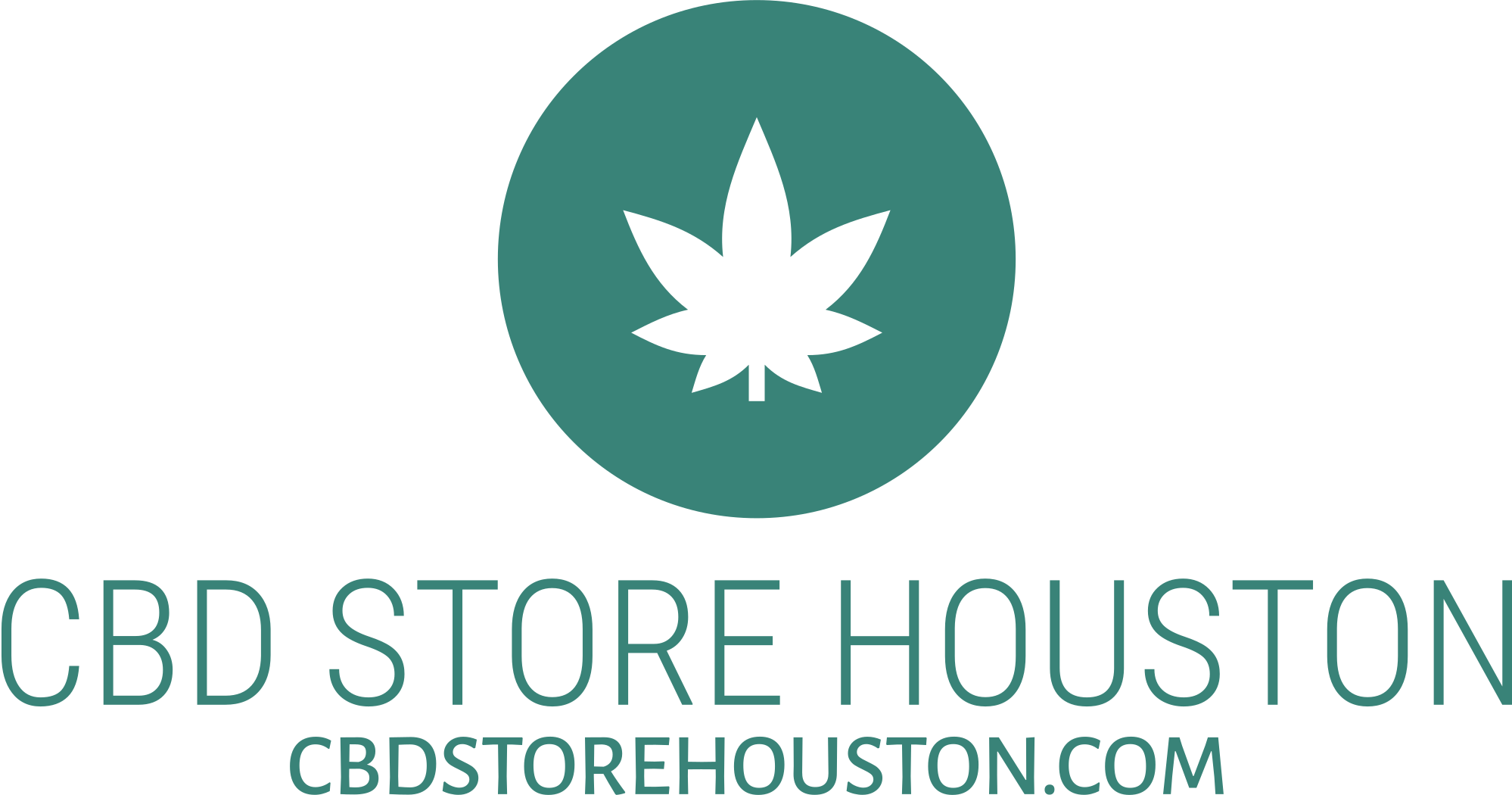Get Started with Dermal Fillers – Consult Dr. Laura Geige
Immediate Effects
Inflammation
Immediate effects after lip filler injections generally subside within a few days. These include swelling, redness, bruising, and tenderness at the injection sites.

Inflammation is a natural response to the injury caused by needle insertions during lip filler treatments.
Here’s how inflammation plays out:

Book Your Dermal Filler Session with Dr. Laura Geige Now
-
Vascular Response: Blood vessels dilate, causing redness and warmth at the injection site. This is triggered by the release of inflammatory mediators.
-
Cellular Infiltration: Immune cells like neutrophils and macrophages migrate to the area to clean up any debris and damaged tissue.
-
Swelling: The influx of fluids, including protein-rich exudate from immune cells, contributes to swelling. This is a common side effect, especially in the first few days post-injection.
Alcohol consumption can potentially worsen these immediate effects and prolong the inflammation process.
-
Reserve a Dermal Filler Session with Dr. Laura Geige Now
-
Thins Blood:** Alcohol is a blood thinner, which may increase bruising at the injection sites and potentially lead to bleeding.
-
Impairs Immune Function: Alcohol consumption can temporarily suppress the immune system. This might delay the body’s natural healing process and prolong inflammation.
-
Dehydration:** Alcohol is diuretic, meaning it increases urination and can lead to dehydration. Dehydration may hinder the body’s ability to flush out toxins and contribute to prolonged swelling.
It’s generally recommended to avoid alcohol for at least a few days following lip filler injections to minimize potential complications and promote optimal healing.
Swelling
Immediate effects after lip filler are usually quite noticeable and often desired, with swelling being a prominent feature.
Here’s a breakdown of what to expect:
- Increased Lip Size: The most immediate effect is a visible increase in lip size. This occurs due to the filler injecting volume into the lips, plumping them up.
- Swelling:** Swelling is another immediate and common side effect of lip fillers. It’s caused by inflammation as your body responds to the injected substance. The swelling can be quite pronounced at first, but it typically subsides within a few days to a week.
- Bruising:
- Numbness: The area around the injection sites may feel numb for several hours. This is a temporary effect from the local anesthetic used during the procedure.
Minor bruising around the injection site is also possible and usually disappears within a week or two.
Some individuals may experience more bruising than others depending on their skin tone and individual healing response.
The extent of swelling can vary greatly from person to person, depending on factors such as:
- The amount of filler injected
- Individual sensitivity and healing rate
- Lifestyle factors (e.g., exercise, sun exposure)
It’s important to follow your injector’s post-procedure instructions carefully to minimize swelling and optimize your results.
Long-Term Risks
Infection
Alcohol consumption after lip filler procedures can exacerbate certain risks and complications.
Here’s a breakdown of the long-term risks associated with alcohol intake post-procedure:
- Increased Inflammation and Swelling: Alcohol is a known inflammatory substance. Consuming it after lip filler can intensify swelling, bruising, and redness at the injection site.
- Delayed Healing: Alcohol can impair wound healing due to its blood-thinning properties. This can prolong the recovery period and increase the risk of infection.
- Exacerbated Side Effects: Alcohol can worsen other potential side effects, such as lip asymmetry, lumps, or migration of the filler.
- Infection Risk:**
- Compromised Immune Function:** Alcohol weakens the body’s natural defenses, making it harder to fight off bacteria and viruses.
- Increased Blood Flow:** Alcohol dilates blood vessels, potentially leading to increased blood flow to the injection site, which can attract more bacteria.
- Poor Wound Healing:** As mentioned previously, alcohol can delay wound healing, creating a favorable environment for infection to develop.
- Lumps or Nodules: These can form if filler isn’t evenly distributed or if the body reacts to it over time. Dissolving may help reduce their appearance, but they could persist.
- Asymmetrical Results: Even with careful dissolving, subtle asymmetry might remain due to differences in how the filler initially settled or the natural variations in facial structures.
- Scarring: In rare cases, the dissolving process or subsequent healing can lead to scarring. This risk is minimized with proper technique and aftercare.
-
Dehydration: Alcohol is a diuretic, meaning it increases urine production and can lead to dehydration. This can cause the filler to migrate or settle unevenly, resulting in lumps or bumps.
-
Inflammation: Alcohol consumption can increase inflammation throughout the body, which can exacerbate swelling and bruising at the injection site. It may also delay the healing process.
-
Thinner Blood: Alcohol thins the blood, making you more prone to bleeding and bruising. This can worsen any bruising associated with lip fillers and potentially lead to complications such as hematomas (blood clots).
-
Impaired Healing: Alcohol consumption can interfere with your body’s natural healing process, increasing the risk of infection and delaying recovery.
-
Avoid alcohol for at least 24-48 hours after getting lip fillers.
-
If you do choose to drink, do so in moderation and stay well hydrated by drinking plenty of water.
-
Be aware of the potential risks and consult with your injector about any concerns you may have.
- Avoid Alcohol for at Least 24 Hours: It’s best to abstain from alcohol entirely on the day of your procedure and for a full 24 hours afterward. This allows your body to focus on healing and reduces the risk of inflammation and swelling.
- Moderate Consumption Afterwards: While you may feel tempted, it’s advisable to limit alcohol intake in the days following your lip filler appointment. Excessive drinking can dehydrate you, which can hinder the healing process and potentially cause uneven or distorted results.
- Stay Hydrated: Drink plenty of water throughout the day, especially after consuming alcohol. Water helps flush out toxins and keeps your body hydrated, supporting proper healing.
Alcohol consumption can weaken the immune system, making you more susceptible to infections. If the injection site becomes infected, it can lead to serious complications, including abscesses, cellulitis, and even sepsis.
Here’s a closer look at the infection risk:
It’s crucial to consult with your injector about alcohol consumption after lip filler. They can provide personalized advice based on your individual circumstances and the specific type of filler used.
Dissolving of Filler
Long-term risks associated with dissolving filler are relatively rare but can occur.
Here’s a breakdown of potential long-term risks:
It’s crucial to understand that filler dissolving is not always a permanent solution. In some instances, it might require multiple treatments over time to achieve desired results or manage the effects of filler migration.
Choosing an experienced and qualified injector for both initial filler placement and subsequent dissolving procedures is paramount to minimizing risks and maximizing outcomes.
Recommendations for Safe Consumption
Timing Your Drinks
Drinking alcohol after getting lip fillers can potentially negatively affect your results and increase the risk of complications.
Here’s why:
Recommendations for Safe Consumption:
Timing Your Drinks:
It’s best to avoid alcohol altogether for at least the first two days after getting lip fillers. This gives your body time to heal and reduces the risk of complications.
If you choose to have a drink after this initial period, do so in moderation and make sure to stay hydrated.
Remember, every individual responds differently to alcohol and filler injections. It’s always best to err on the side of caution and prioritize your health and safety.
Moderation
It’s important to prioritize safety and well-being after any cosmetic procedure, including lip fillers. Alcohol consumption can potentially interfere with healing and increase the risk of complications.
Here are some recommendations for safe alcohol consumption following lip filler injections:
Remember that everyone metabolizes alcohol differently. Some individuals may be more sensitive to its effects, particularly when their bodies are recovering from a procedure. It’s always best to err on the side of caution and consult with your doctor or aesthetic provider for personalized advice regarding alcohol consumption after lip fillers.
Bye Bye Belly Blog Bronzed Body Spray Tan Mind Plus Motion Madison Art Therapy Your Relationship Edge
- Why Breadcrumbing Can Be A Form Of Emotional Manipulation - November 12, 2025
- What Is The Alternative To Filler For Nasolabial Folds? - November 10, 2025
- What Age Do You Have To Be To Get Lip Filler - November 7, 2025
